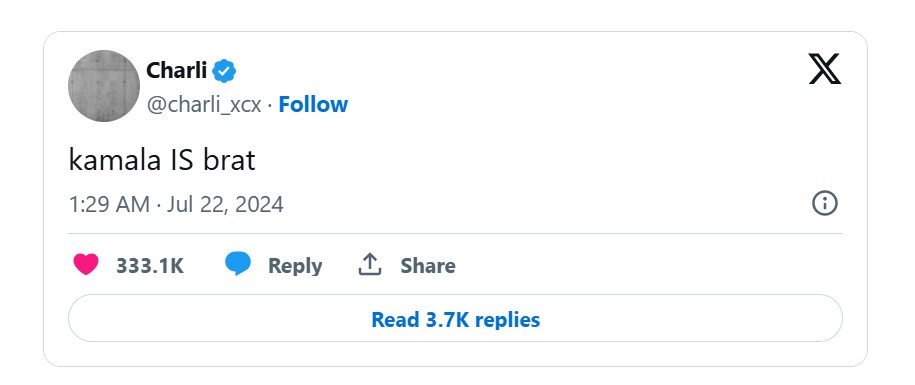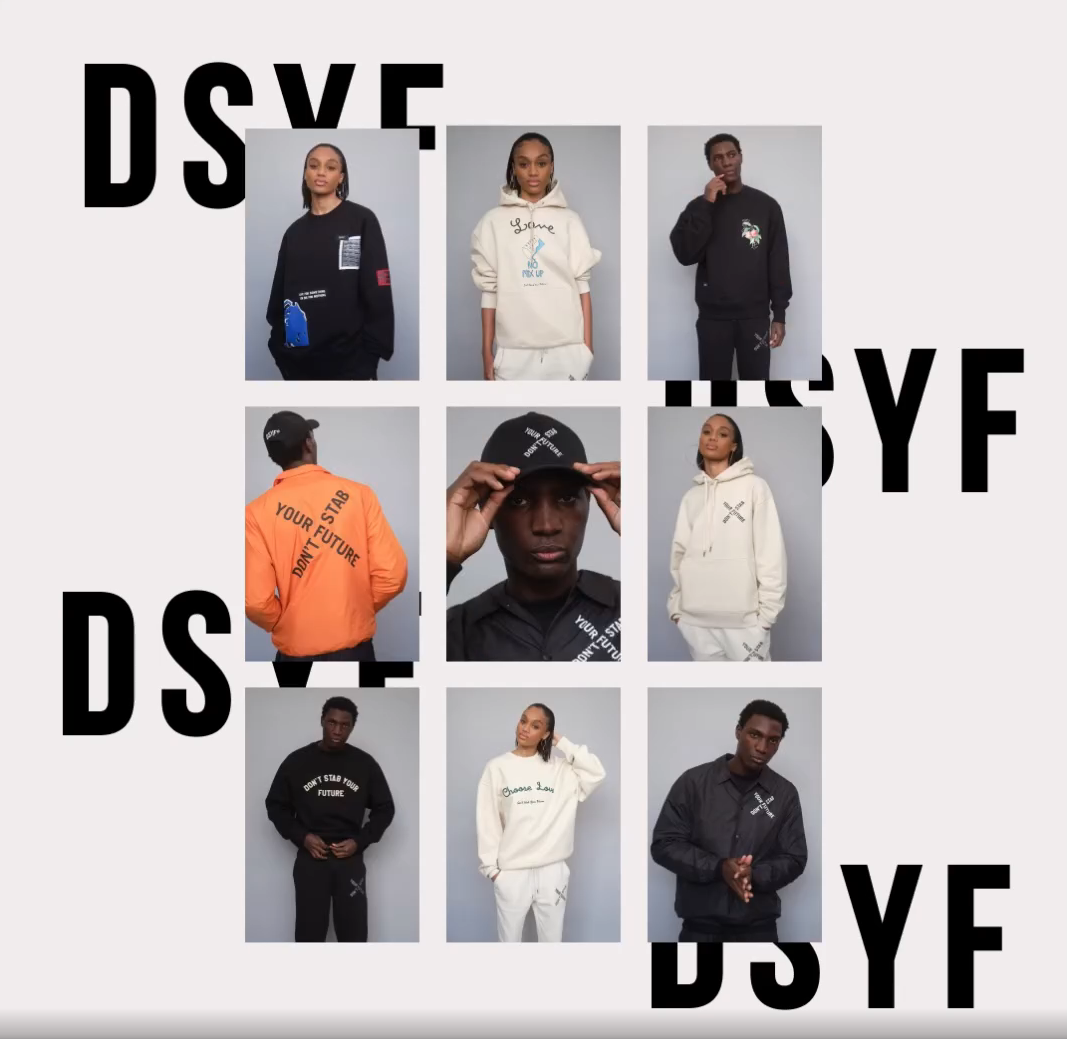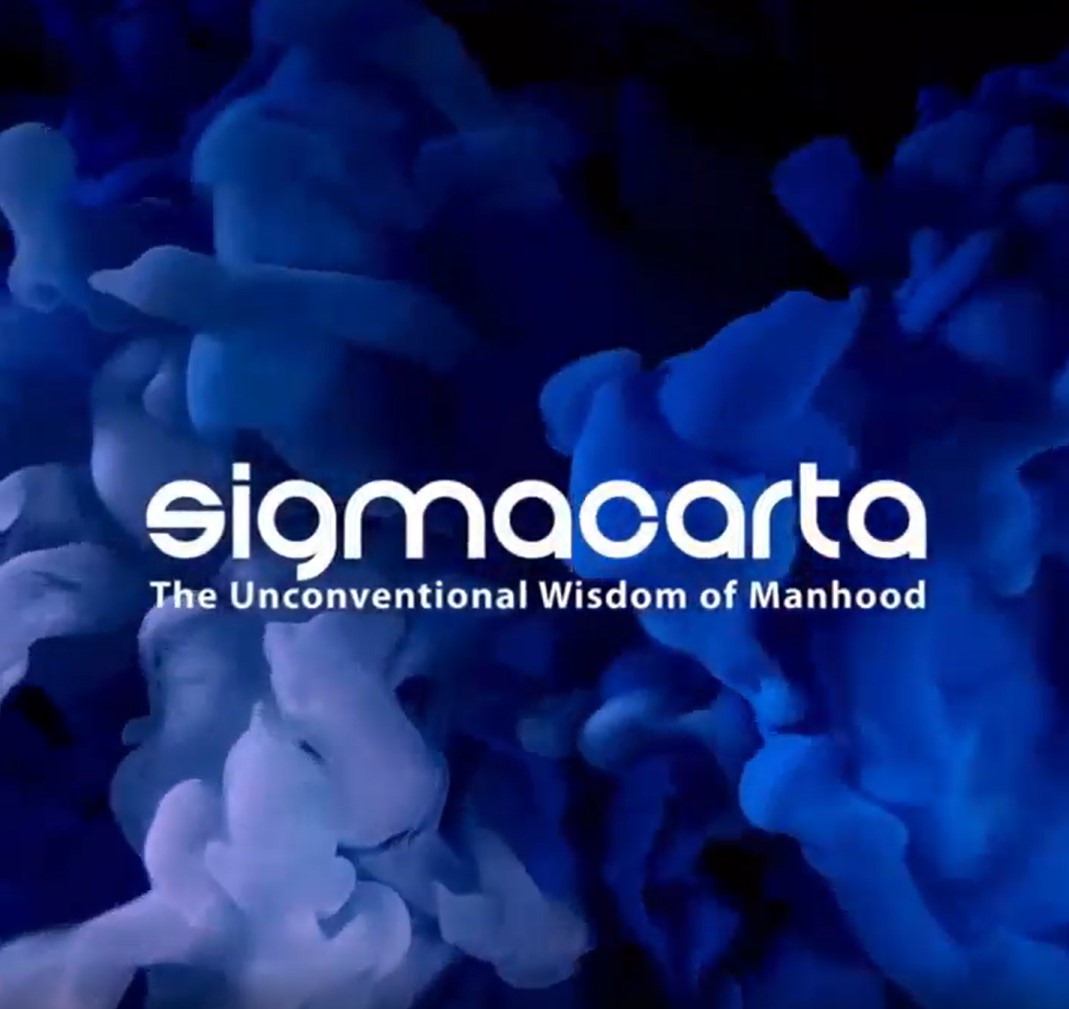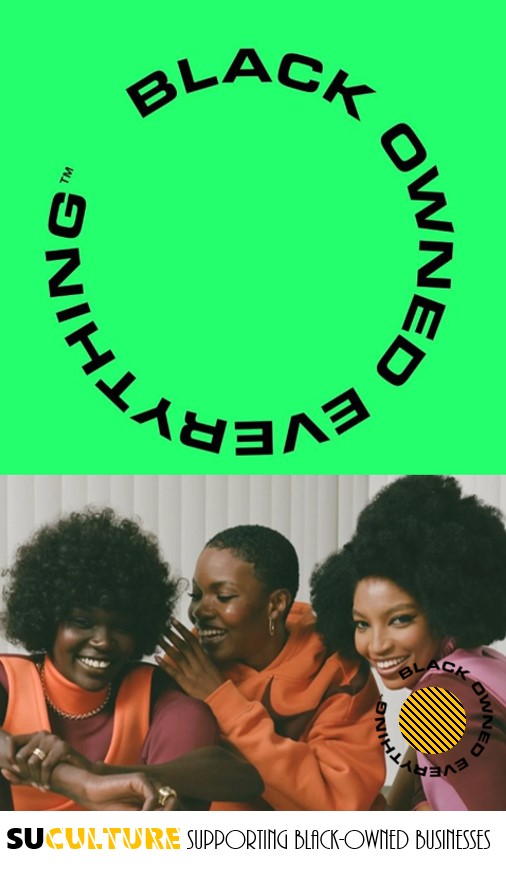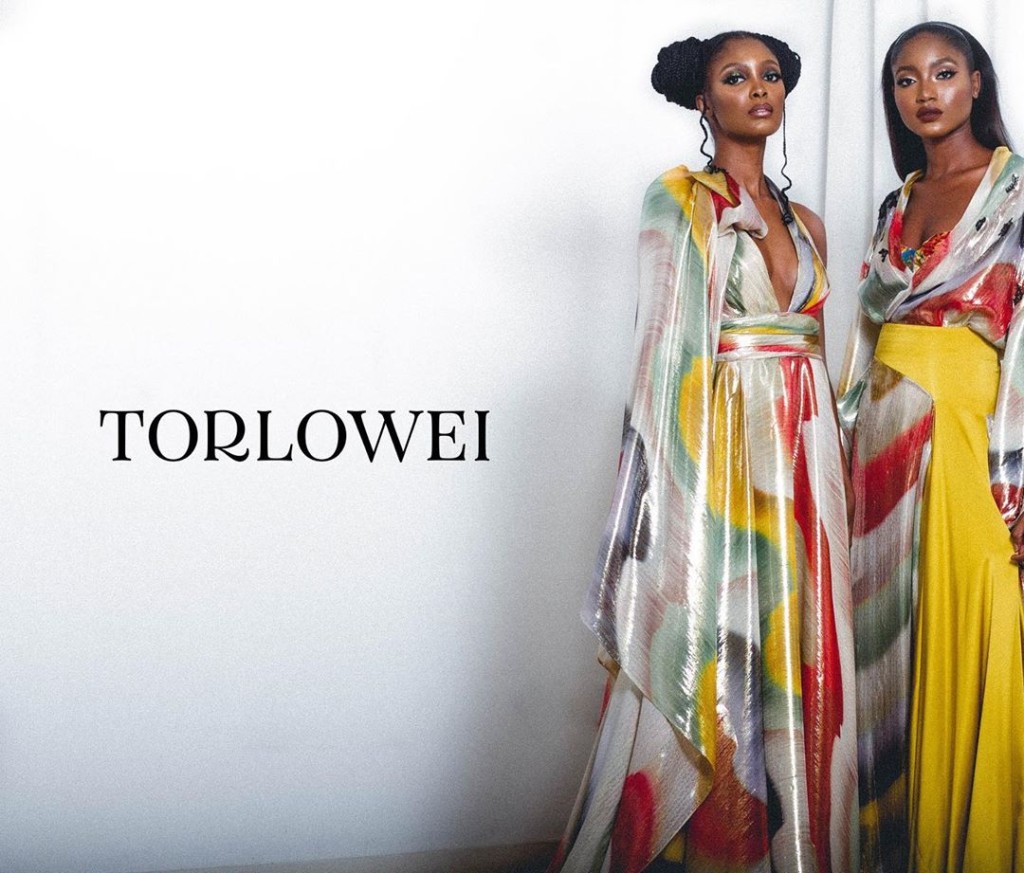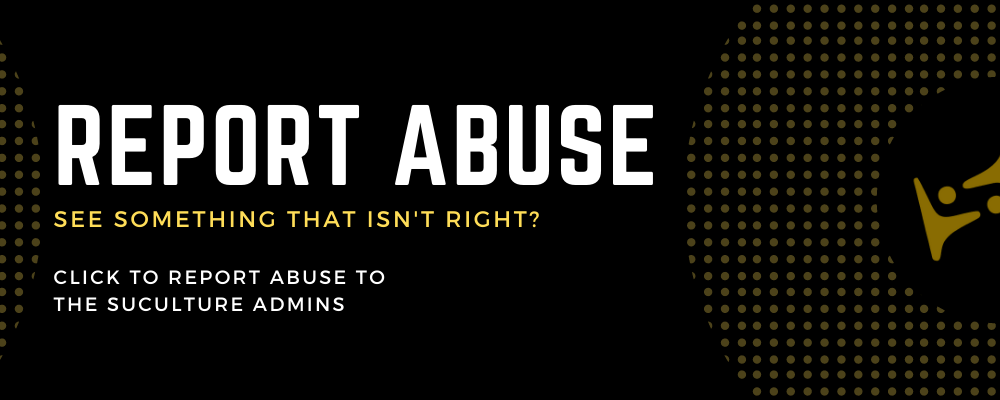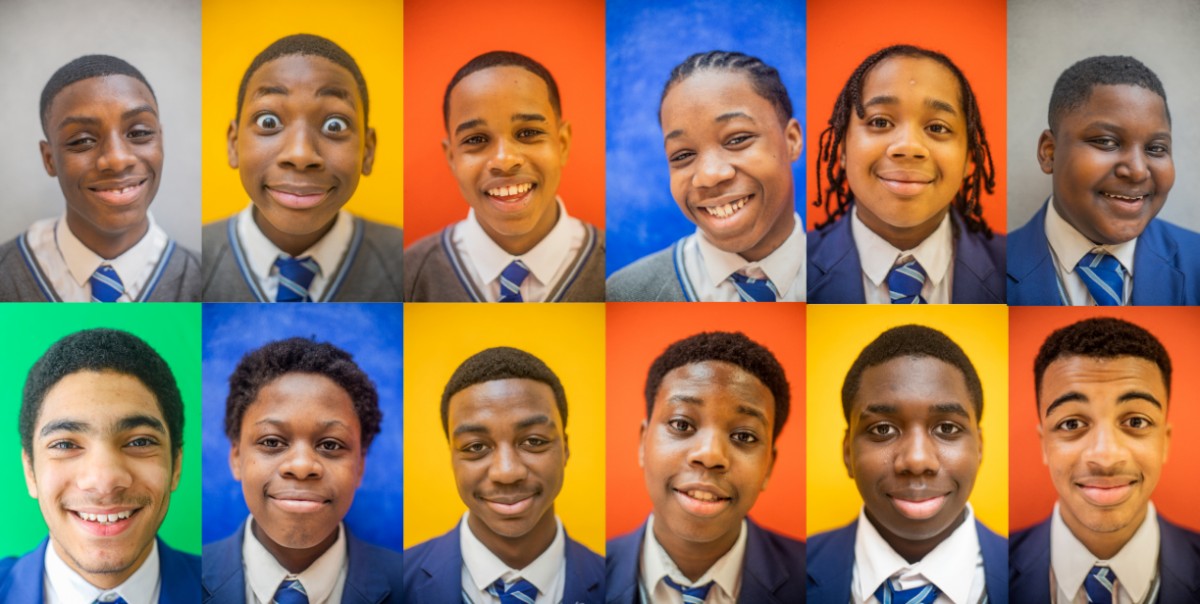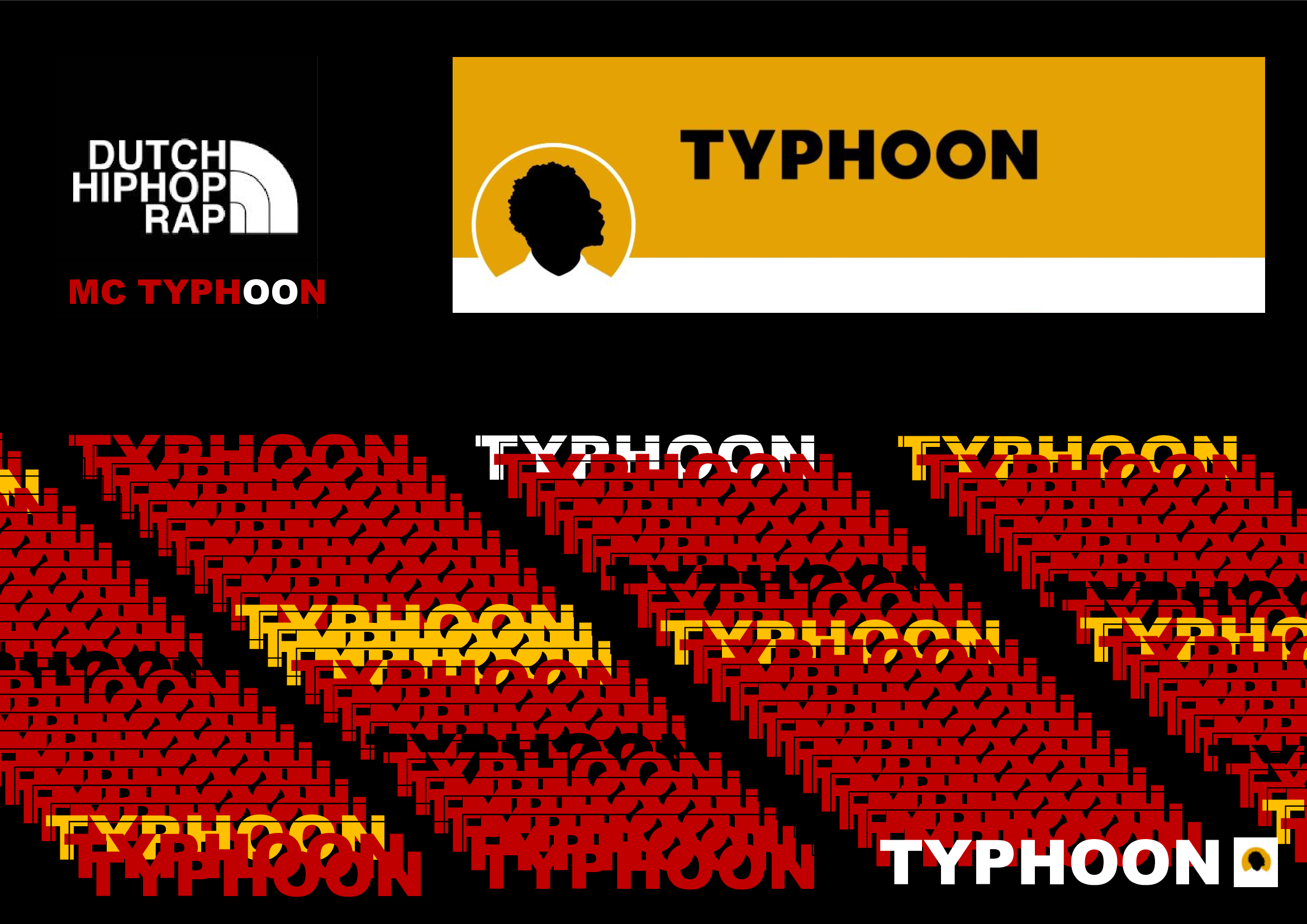-
AuteurDes articles
-
-
Is Kamala Harris
“brat”? How pop,
music and trends
shape elections, in
the U.S.
Several hours following President Joe Biden‘s announcement of his withdrawal as the 2024 Democratic presidential nominee, British musician Charli XCX endorsed Vice President Kamala Harris via a tweet stating “kamala IS brat.”
The tweet rapidly gained viral traction, confusing media commentators yet invigorating certain segments of the electorate. Charli XCX’s album “Brat,” known for its assertive blend of dance and electronic club music, celebrates themes of drugs, cigarettes, messiness, and vulnerability. To be “brat,” therefore, is to embrace one’s own messiness and vulnerability, embodying authenticity.
This concept has gained significant traction within Gen Z and underground culture, leading to the phenomenon of “brat summer” (or “brat winter” for Australian fans). The association between Harris and “Brat” has been intensifying over the past weeks, driven by online fan communities and seamlessly integrating with existing Harris-related memes.
On the day of Biden’s announcement, Gen-Z’s were seen wearing unofficial Brat/Harris crop tops, much to the delight of many. Harris’ campaign has capitalized on this pop culture moment, recognizing its potential to engage young voters. Harris’ social media accounts promptly followed Charli XCX, and the background on Harris’ official account temporarily adopted Brat’s distinctive “slime green” color.
Music and Presidential Elections:
Although the “brat vote” is unlikely to determine the election outcome, the interplay between music and popular culture in political contests remains one of the few historical constants in an otherwise unprecedented campaign.
For decades, presidents and presidential hopefuls have endeavoured, with varying degrees of success, to use music and musicians to forge connections with voters. In the 20th century, this primarily manifested through the ‘campaign song’. For instance, in 1960, John F. Kennedy utilized a modified version of “High Hopes,” performed by his friend Frank Sinatra. In 1992, Bill Clinton’s campaign, targeted at Baby Boomers, used Fleetwood Mac’s “Don’t Stop,” with the band reuniting to perform at Clinton’s 1993 inauguration ball.
Republicans, on the other hand, typically relied on more personalized campaign songs rather than popular hits. Examples include “Go with Goldwater” in 1964 and “Nixon’s the One” in 1968. Attempts by Republicans to engage with contemporary artists often proved unsuccessful. In 1984, Ronald Reagan’s reference to Bruce Springsteen’s “Born in the USA” resulted in Springsteen expressing his strong disagreement, despite having already refused the campaign’s request to use his song. Subsequent Republican candidates, including Pat Buchanan and Bob Dole, also faced objections from Springsteen when they used the song.
Contemporary Music and Politics:
In the 21st century, the intersection of popular culture, the music industry and politics is prominent. Presidential candidates select songs by artists whose ideologies align with their core themes, using music as a sonic shorthand to resonate with their base. Republicans often favor country music and patriotic rock songs, while Democrats emphasize civil rights and feminist icons, politically conscious rock stars, and pop artists.
Sometimes, musical choices provide insights into how politicians perceive themselves. For example, Democrat Beto O’Rourke’s 2020 campaign song by The Clash reflected his Gen X status and punk rock past. In contrast, Donald Trump’s preference for dancing to the Village People’s “YMCA” and “Macho Man” during campaign events, despite the group’s cease and desist letter, highlights a different approach. Republican Nikki Haley, a 2024 presidential candidate, often draws inspiration from Joan Jett, with her campaign events featuring songs like “I Love Rock’N’Roll” and “Bad Reputation.”
Obama and Popular Culture:
Barack Obama’s presidency marked a significant integration of music and popular culture with politics. Enjoying and defending genres like rap and hip hop as both artistic expression and social commentary, Obama frequently quoted Jay Z, invited Beyoncé to perform at his second inauguration, and humorously dismissed conspiracy theories about his birth certificate. His association with popular culture continues, with biannual releases of his favorite songs and engagement with artists on social media.
The Power of Music:
Vice President Kamala Harris frequently discusses her affinity for R&B. On the eve of the 2020 election, she chose Mary J Blige’s “Work That” as her walkout song, symbolizing female empowerment and self-love. The selection was fitting given the historic significance of Harris’ candidacy. Furthermore, on the day Harris became the presumptive Democratic presidential nominee, Beyoncé granted permission for Harris to use “Freedom” as an official campaign song, a track that honors the resilience and power of Black women.
While it is unlikely that Harris will be seen participating in viral TikTok dances to Charli XCX’s tracks, the “kamala IS brat” moment exemplifies how music continues to serve as a means of political connection and community within the American electorate.
-
le #bratsummer Cette tendance façonne sans aucun doute la présence en ligne de la campagne de Kamala Harris. Elle reflète ce que sa mère disait : « Je ne sais pas ce qui ne va pas chez vous, les jeunes. Vous pensez que vous venez de tomber d'un cocotier ? » La génération Z publie désormais des mèmes de cocotiers. Splendide !!!
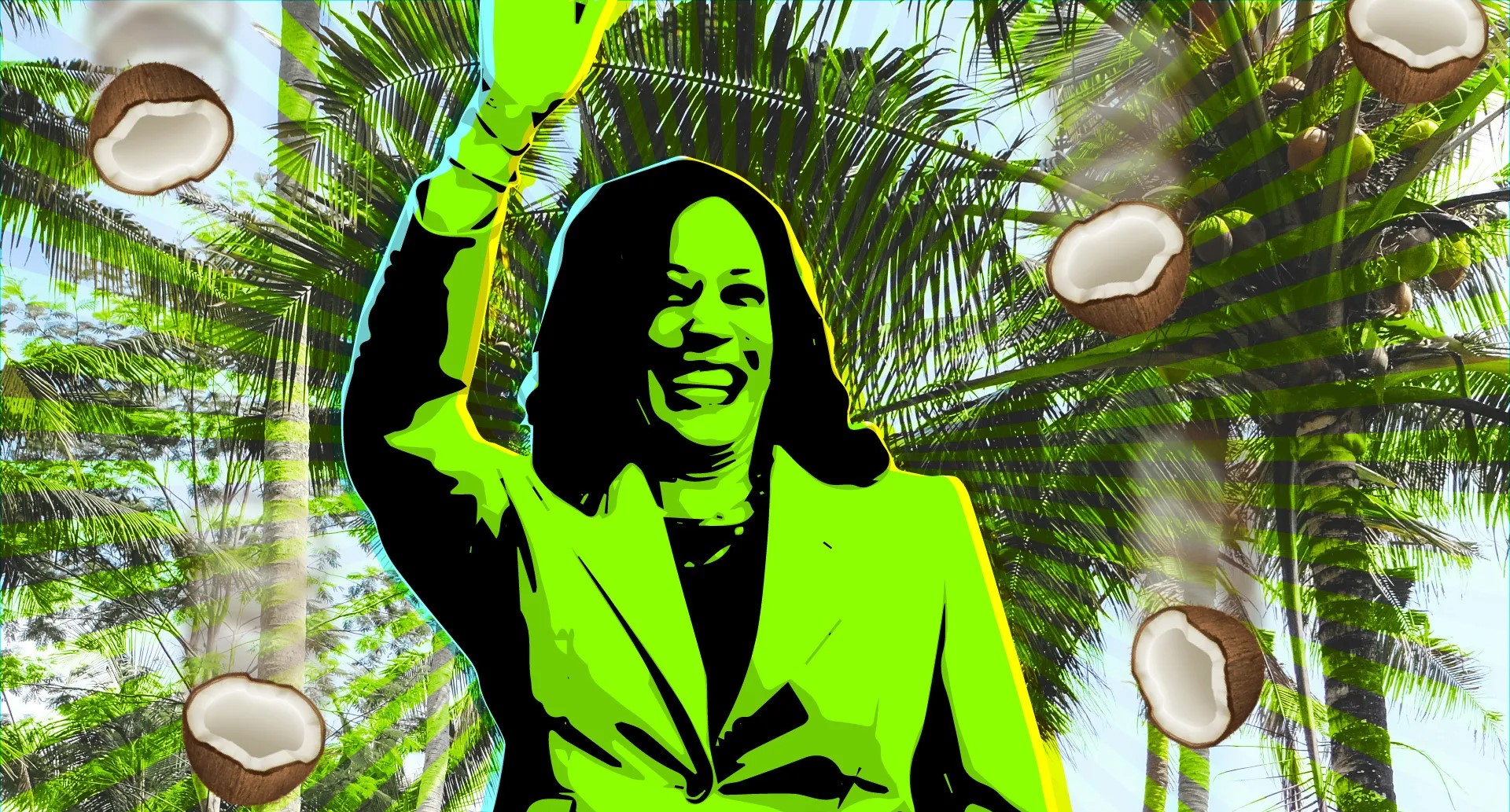
-
-
AuteurDes articles
Vous devez être connecté pour répondre à ce sujet.

